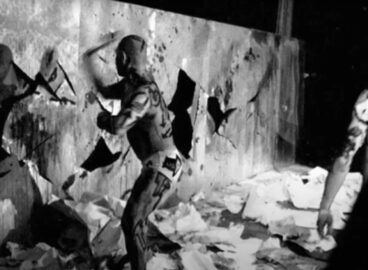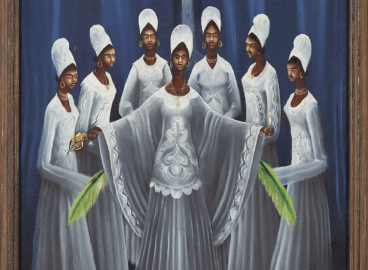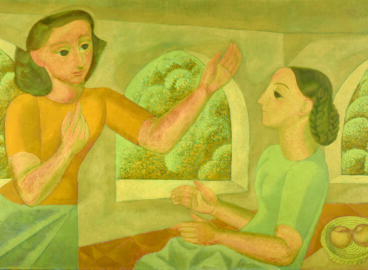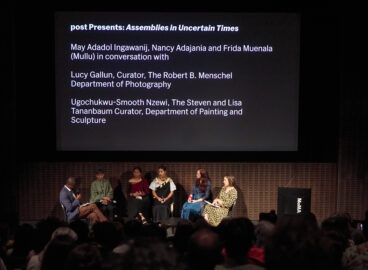With a healthy dose of humor, the Brazilian artist Antonio Dias explores the challenges and absurdities of his artistic career and comments poetically on his life’s work. Now in his late 60s, Dias generously shares stories of his early years in Rio, Paris, and Milan; his surprise at the dearth of women in Milan’s art scene compared to Rio’s; and his apprenticeship with master printmaker Oswaldo Goeldi. He also shares his early concerns about the commodification of his work and talks about his experiences in Brazil during the dictatorship. In particular, Dias discusses his series The Illustration of Art and the work The Invented Country, which was recently acquired by The Museum of Modern Art. The interview was conducted at Dias’s home and studio in Copacabana during the C-MAP Latin America Group research trip to Brazil in November 2012.
The interview is divided into five chapters, “Early Days in Rio, Paris, and Milan,” “The Illustration of Art,” “The Invented Country,” “‘Art is something for interacting with others,'” and “Printmaking with Oswaldo Goeldi.”



